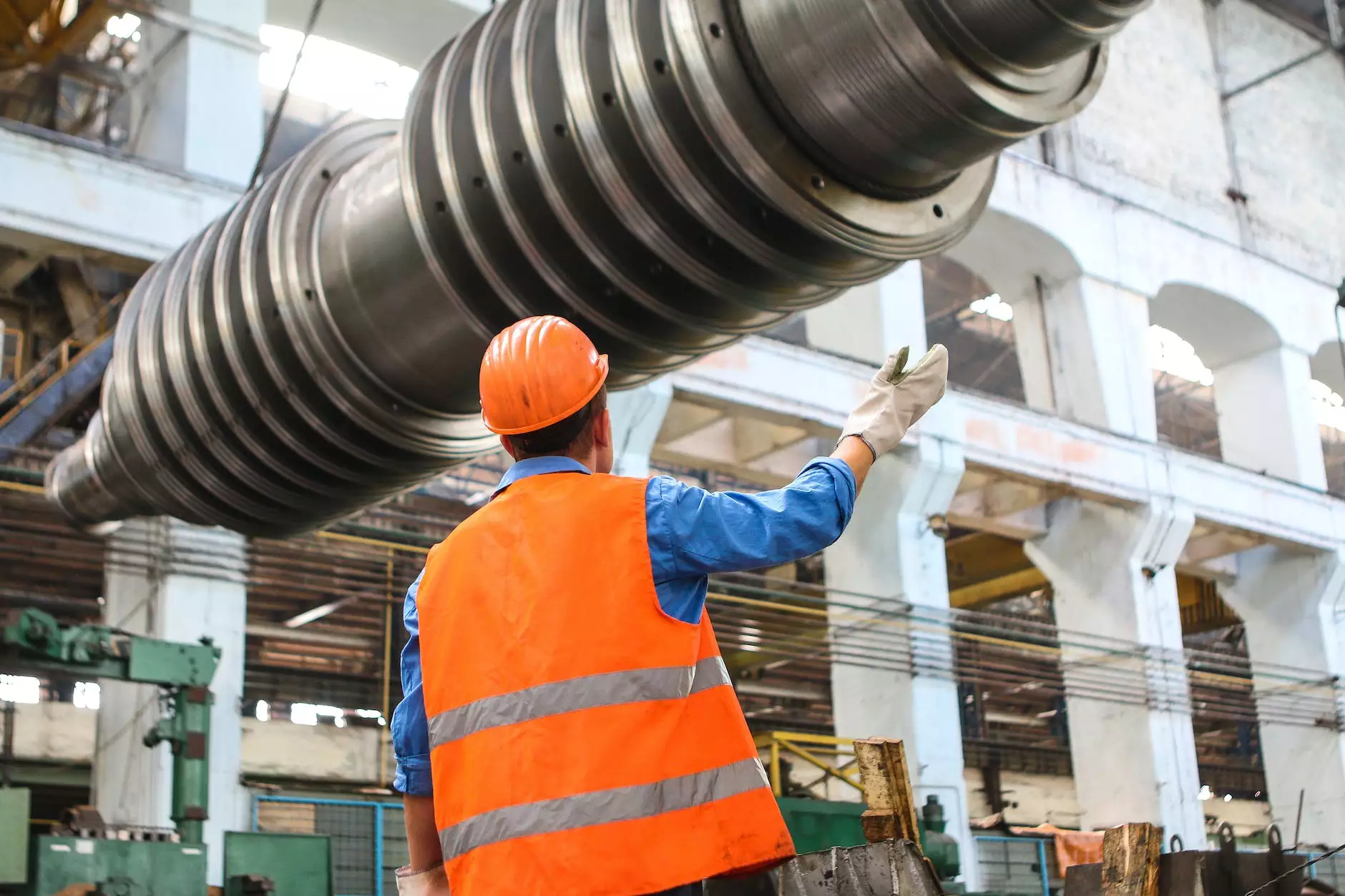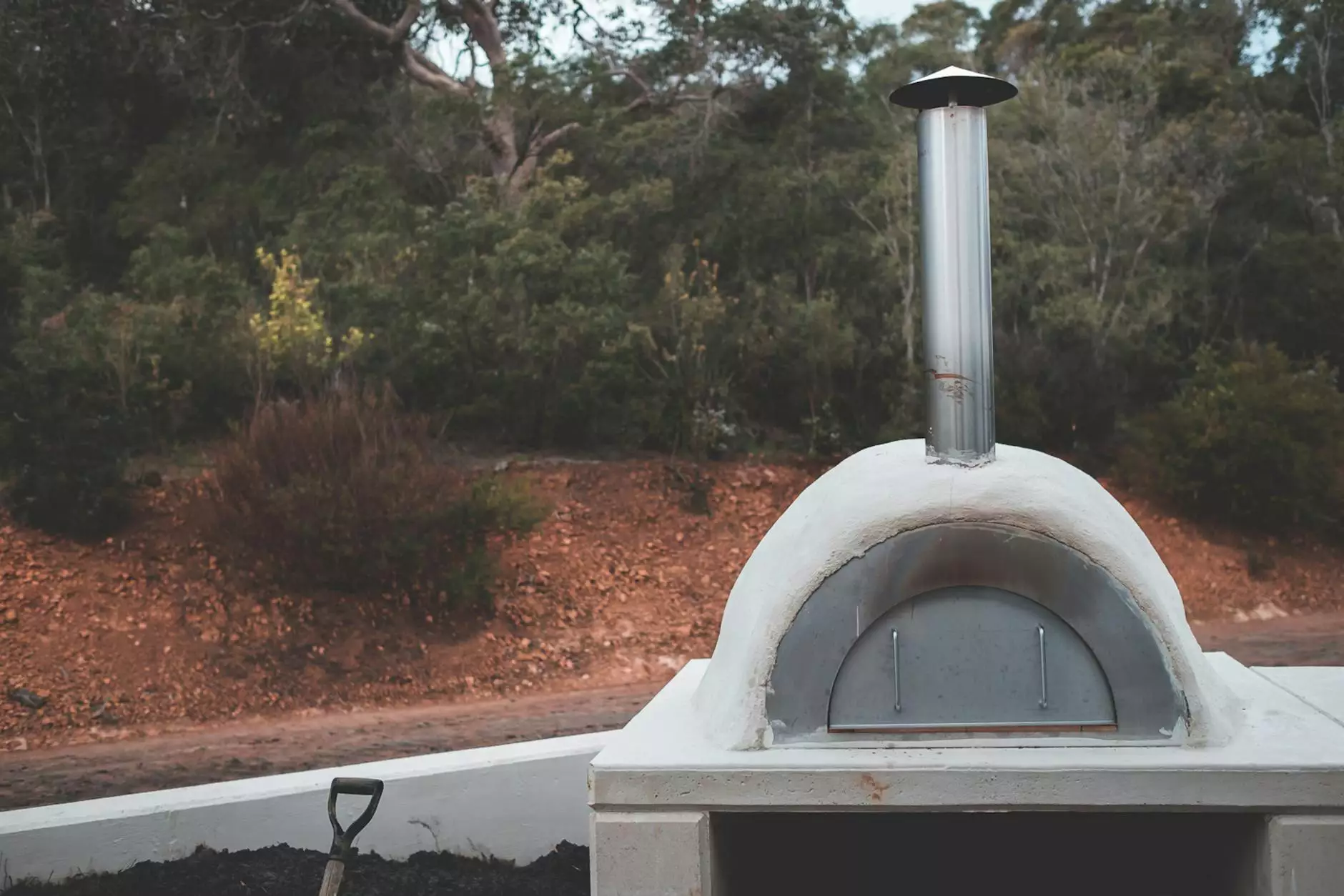Planting & Maintenance Tips

Introduction
Welcome to California Sprinklers' Planting & Maintenance Tips page! Here, we provide you with expert guidance and valuable insights on how to create and maintain a beautiful and thriving garden. Whether you are a seasoned gardener or just starting out, our comprehensive guide will help you enhance your gardening skills and achieve impressive results.
Getting Started
When it comes to planting and maintaining a garden, it's essential to have a solid foundation. Preparing the soil is the first step to ensure the success of your plants. Start by removing any weeds or rocks that may hinder their growth. Loosen the soil and add organic matter such as compost or well-rotted manure to improve its fertility. This will provide your plants with the nutrients they need to flourish.
Choosing the Right Plants
Selecting the right plants is crucial for a successful garden. Consider your local climate, soil type, and sunlight exposure. This knowledge will help you choose plants that are well-suited to your specific conditions. Whether you prefer flowering plants, shrubs, or vegetables, ensure that they are suitable for your region.
Planning and Designing
Before you start planting, take the time to plan and design your garden. Consider factors such as the size and layout of your space, as well as the colors and textures you want to incorporate. Create a garden that not only looks visually appealing but also brings you joy and relaxation.
Planting Techniques
Proper planting techniques are key to ensuring the health and vitality of your plants. Here are some essential tips to follow:
1. Digging the Planting Hole
Ensure the hole is deep and wide enough to accommodate the plant's root ball. Loosen the soil around the edges to allow the roots to spread easily. Avoid damaging the roots during this process.
2. Removing the Plant from its Container
Gently tap on the bottom of the container to loosen the plant's roots. Carefully slide the plant out, holding it by the root ball. Avoid pulling or yanking on the plant, as this can cause damage.
3. Placing the Plant in the Hole
Position the plant in the center of the hole, ensuring it is at the same level as the surrounding soil. Avoid planting it too deep, as this can lead to rot and other issues. Backfill the hole with soil, firming it gently around the plant.
4. Watering and Mulching
After planting, water the plant thoroughly to eliminate any air pockets in the soil. Apply a layer of organic mulch around the base of the plant to conserve moisture, suppress weeds, and regulate soil temperature.
Maintenance Tips
A well-maintained garden is a joy to behold. Here are some essential maintenance tips to keep your garden in top shape:
Regular Watering
Watering your plants appropriately is crucial for their survival. Be sure to water deeply, providing enough moisture for the roots to absorb. Avoid over-watering, as this can lead to root rot. Check the soil moisture regularly, and adjust your watering schedule accordingly.
Weeding and Pruning
Regular weeding is essential to keep your garden beds free from unwanted plants that compete for nutrients and space. Additionally, proper pruning helps maintain the health and shape of your plants. Remove dead or diseased branches to promote growth and prevent the spread of diseases.
Fertilizing
Keeping your plants well-nourished is key to their overall success. Use organic fertilizers or compost to provide essential nutrients. Follow the recommended application rates and avoid over-fertilizing, as this can harm your plants.
The Benefits of Expert Gardening
Engaging in gardening activities goes beyond beautifying your surroundings. Here are some remarkable benefits of expert gardening:
1. Physical and Mental Well-being
Spending time in your garden allows you to engage in physical activities such as digging, planting, and weeding. These activities promote fitness and contribute to a healthier lifestyle. Moreover, gardening has been shown to reduce stress, anxiety, and depression, promoting better mental well-being.
2. Environmental Impact
Gardening is an excellent way to contribute to the environment. By planting trees, flowers, and other greenery, you enhance biodiversity and support vital pollinators such as bees and butterflies. Gardens also reduce soil erosion, regulate temperature, and promote cleaner air.
3. Food Security
Growing your own fruits, vegetables, and herbs provides you with fresh and nutritious produce. It reduces your reliance on store-bought produce and gives you control over the use of pesticides and fertilizers.
Conclusion
With California Sprinklers' Planting & Maintenance Tips, you now have a comprehensive guide to create and maintain a beautiful and thriving garden. By following these expert tips, you'll be able to enhance your gardening skills and achieve remarkable results. Get started today and enjoy the countless benefits of expert gardening!










